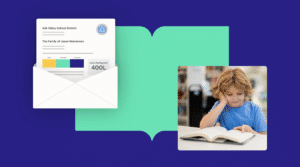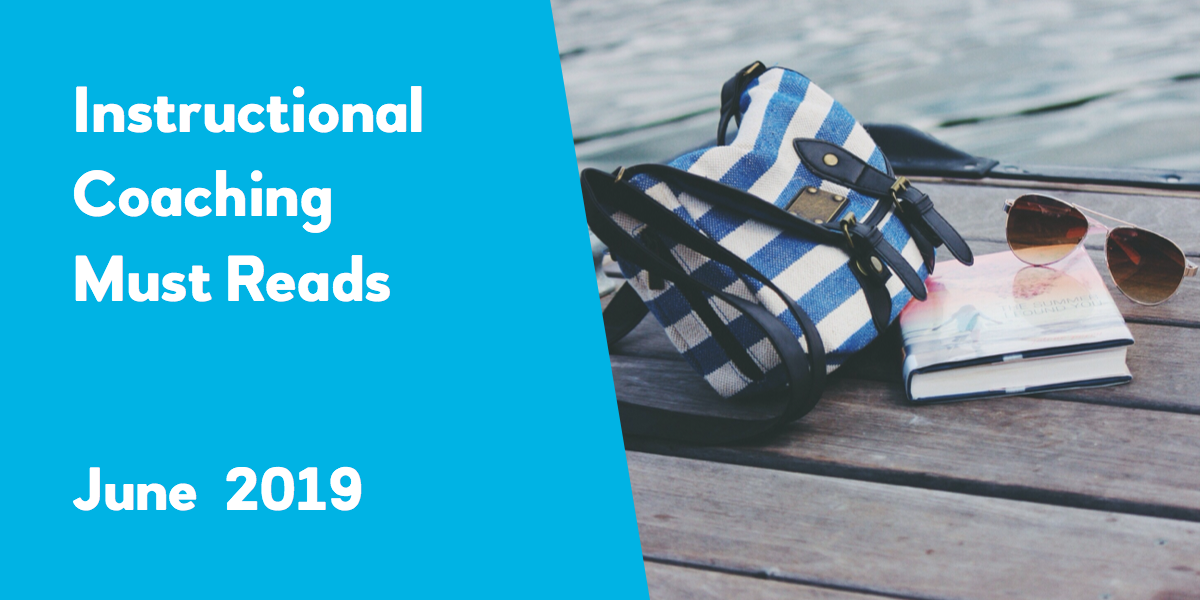
Featured Resource
SchoolStatus Launches Literacy Solution to Help Districts Engage Families in Improving Reading Outcomes
Read More >New from SchoolStatus: Connect with families to accelerate student reading progress. Learn more >>


SchoolStatus Launches Literacy Solution to Help Districts Engage Families in Improving Reading Outcomes
Read More >
SchoolStatus Launches Literacy Solution to Help Districts Engage Families in Improving Reading Outcomes
Read More >


June was an incredible month: summer break began and our weekly coaching roundups compiled some insightful articles! Learn how teacher surveys can be used to identify goals, the importance of a collaborative relationship with a building principal, ways to make the most out of your summer PD sessions, tips for transitioning from teacher to coach, and more. Enjoy!
Don’t wait until the end of the month to read your coaching news. Join our weekly coaching roundup to get these sent directly to your inbox every week!
{{cta(‘1623fdae-2dee-4cee-a003-34270e4a47e4′,’justifycenter’)}}
Amy Rudd explains how teacher surveys can be used to identify goals and discover trends that create more successful cycles.
“After teachers and the coach begin to make connections and build common experiences together, the coach can then use surveys to foster a deeper relationship. Sending them out by email or one of the many online form tools can be even more useful too. Once a teacher completes a survey, the coach can begin to gather data to look for patterns and trends across multiple teachers or even buildings.”
Alison Giska reflects on the importance of a collaborative partnership with your building principal to ensure coaching success.
“Highlight future plans and what you will accomplish next time you meet. I let the principal know how excited I was to reach our goals together as well. Before leaving, I made this very clear: ‘I love the direction we are going, and I would love to get more specific when we meet next month!’ Relationships are everything. Leading a school is high-stress, demanding work.”
Steve Barkley focuses on ways coaches can facilitate teacher meetings to address student learning.
“A middle school PLC made up of teachers who are working with the same seventh grade students in each of the content areas has invited the instructional coach to explore their concerns with the ever-increasing complexity of the standards their students need to achieve. The teachers are concerned that students currently complete tasks with compliance rather than engagement. Students invest the minimal (at times no) struggle needed to gain greater understanding and mastery. Complex standards will not be achieved without greater investment of effort from the students.”
Chrissy Beltran provides some example questions to facilitate end-of-year reflection meetings with teachers.
“The end of the school year is a good time to reflect on teaching practices, but we should really do this throughout the year, as an ongoing practice. After a lesson, day, or unit are good times to stop and think: is this working? But we’ve got to start somewhere! In order to encourage reflection, one thing you can do is to meet with teachers at the end of the school year to help them think back to their year and make some plans for the next year.”
Interested in writing a blog post for TeachBoost? |
|
If you or someone you know have coaching experiences, tips, or best practices to share we’d love to have you write a guest blog post for us—reach out below 🙂 {{cta(’06c32038-8323-49d4-98c5-8a28cb43ef28′)}} |
Brandy Alexander highlights five best practices to take full advantage of PD sessions.
“As an instructional coach, or aspiring leader of any kind, it’s important to build your professional network, and conferences or local educator trainings are the perfect time to do so. . . . When you enter a session or room, look for people you may not know to sit near and introduce yourself. This helps the other participants feel more comfortable if there are partner or group activities ahead, helps the presenter(s) create a warm learning environment, and helps you make connections before the session begins.”
Robyn Hartzell reflects on five tips she wished she knew when transitioning out of the classroom.
“There seems to be an assumption that if you are a good teacher, you will make a good coach; however, the skills needed to guide and influence adults are considerably different from the ones needed to engage students. . . . Training for coaches is limited at best. You will have to seek out your own tribe. Read everything you can get your hands on in the areas where you struggle.”
Dr. Christina Podraza shares eight ideas for teachers to connect with students and build ongoing relationships while wrapping up the school year.
“A good reflection always starts with a great question. I believe the purpose of school is to grow curious learners and build on their unique talents as well as help them to discover new ones. . . . I would encourage you to think about what do you want students to look back and remember and what impact do you most want to have moving forward?”
Kristin Houser provides four ways to knock an interview out of the park when applying to be an instructional coach.
“As an interview candidate, your job is to make the best case you can that you’re the right person for the job. And the candidates who really grab my attention are those who are able to provide specific examples or stories that relate to particular questions asked. A great way to prepare for this is to think ahead of specific examples that would lend themselves to different categories of behavioral type questions you may be asked. You might also consider bringing in actual artifacts as well…a coaching plan or PD plan for example. Preparing yourself to talk about your experiences in this way will really help you sell yourself as a candidate.”
{{cta(’34b13594-505a-497a-8a75-16ae35acf14d’)}}
Have some interesting instructional leadership news?
Share it with TeachBoost and we’ll highlight it here!
 SchoolStatusSchoolStatus connects educators and families around the topics that matter most. The company partners with K–12 districts to improve attendance, engage families, and build trust so students can succeed. A recognized leader in data-driven attendance and family engagement solutions, SchoolStatus enables districts and educators to engage families with relevant, timely communications and proactive support on important topics including absenteeism, literacy progress, and overall student readiness. Today, SchoolStatus supports districts in all 50 states and serves more than 22 million students nationwide as a trusted partner in driving better student outcomes.
SchoolStatusSchoolStatus connects educators and families around the topics that matter most. The company partners with K–12 districts to improve attendance, engage families, and build trust so students can succeed. A recognized leader in data-driven attendance and family engagement solutions, SchoolStatus enables districts and educators to engage families with relevant, timely communications and proactive support on important topics including absenteeism, literacy progress, and overall student readiness. Today, SchoolStatus supports districts in all 50 states and serves more than 22 million students nationwide as a trusted partner in driving better student outcomes.
News, articles, and tips for meeting your district’s goals—delivered to your inbox.






